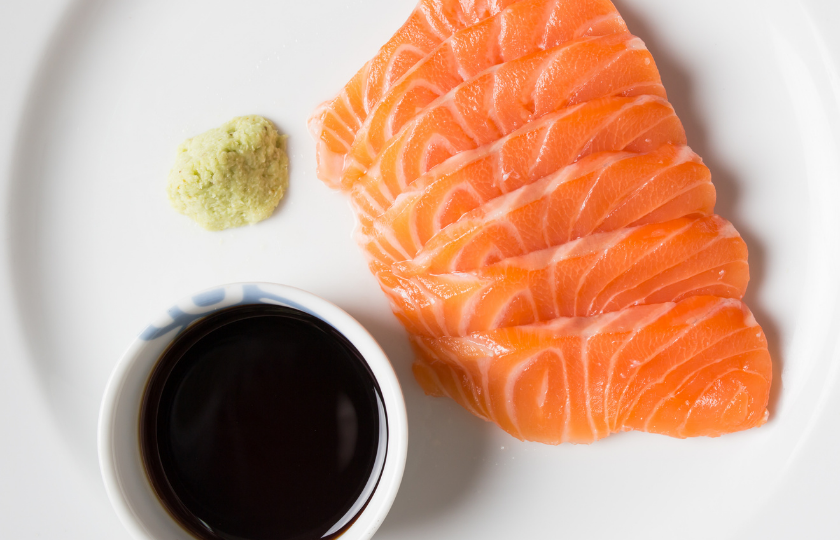Israeli food-tech startup Wanda Fish has signed two agreements with private research facility Tufts University to help the company advance its goals in cultivated fish.
First, under the licencing agreement, the company gets exclusive rights to certain intellectual property in fish cell cultivation developed by Tufts researcher Professor David Kaplan, an expert in cellular agriculture.
Next, a two-year sponsored research agreement with the university will support Kaplan’s research into cellular agriculture-based production of fish tissue.
The company’s development team is led by research and development director Malkiel Cohen, an expert in stem cells and genome engineering for the biomedical and AagTech fields.
Cohen shared that the team consulted Prof Kaplan to create a top-notch multidisciplinary research and development team. The professor is an expert in biopolymer engineering, and a leading academic authority on cultivated meat, having received a US$10 million grant from the US Department of Agriculture to establish the first cellular agriculture centre in the country.
According to the startup, the collaboration will help propel the company’s goals in producing sustainable, flavorful, cultivated fish fillets.
An estimated 20 per cent of protein consumed worldwide is sourced from the ocean. As one of the most popular, nutrient-dense food sources, the demand for fish is projected to keep increasing. This puts strain on the seafood industry, affecting the supply with issues including overfarming, illegal fishing, and population decline.
Cultivating seafood from fish cells is a niche within the alt-protein scene that is rapidly gaining popularity in the collaborative exploration to address the challenges of the seafood industry.
“More than 3 billion people depend on the ocean and its surroundings for their living,” explains Dr Daphna Heffetz, CEO, Wanda Fish. “Marine biodiversity is critical to the survival of people and our planet. Overfishing, as well as water pollution, is damaging the vast and vital ocean ecosystem. Many wild fish populations are sadly in decline.”
The food-tech startup recently secured $3 million in a pre-seed funding round led by The Strauss Group’s The Kitchen FoodTech Hub. It has also investments from Pico Partners, CPT Capital, Peregrine Ventures, and MoreVC.



